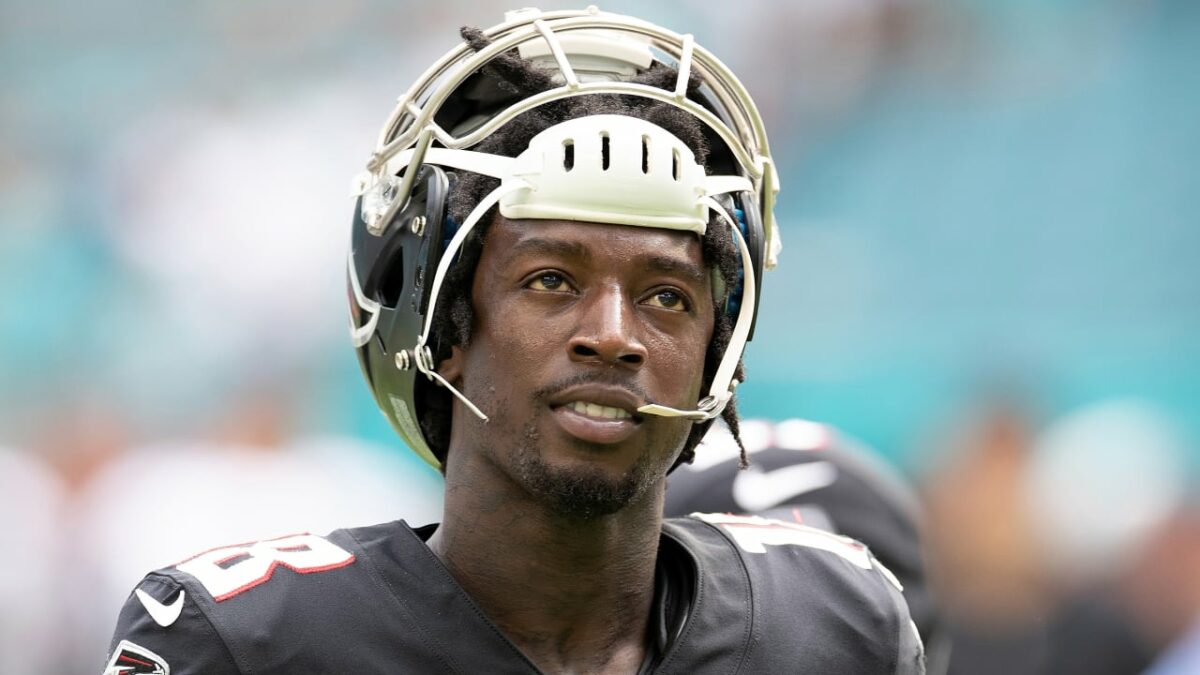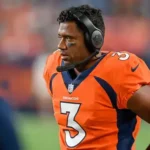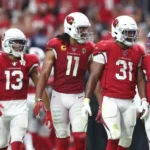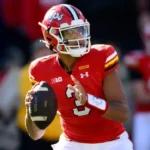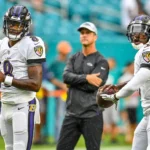Wide receiver for the Jacksonville Jaguars Calvin Ridley, who was traded away while serving a one-year suspension for violating the NFL’s gambling policy, is getting set to play the team that traded him. But his tale takes a turn that might capture your interest due to recent modifications in the policy.
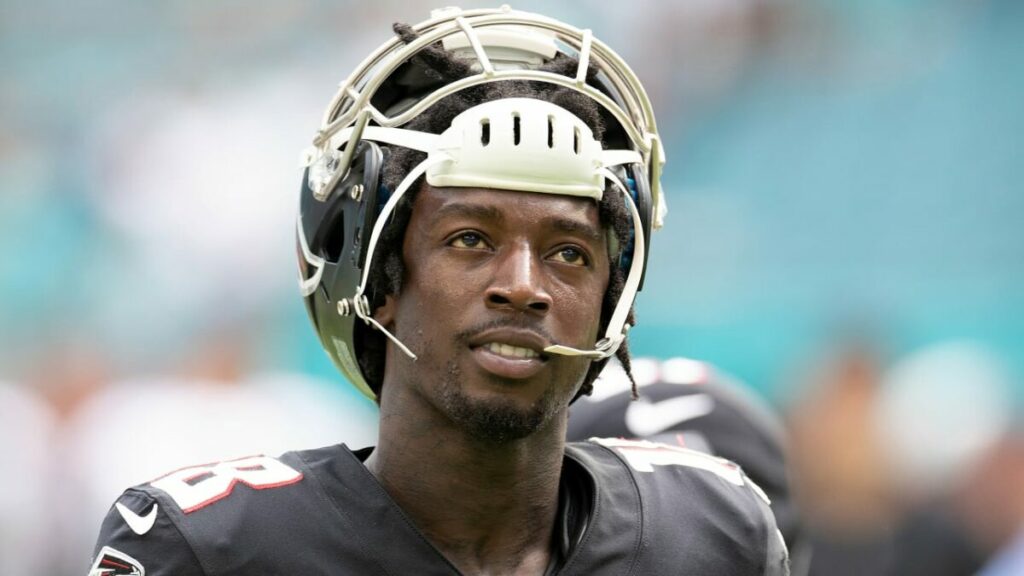
Calvin Ridley would have risked an even longer suspension two years, to be exact under the revised NFL gambling policy. The new policy’s toughest penalty is that if you bet on your own club, you will face a minimum two-year suspension.
Ridley placed wagers on Atlanta Falcons games in November 2021 while he was on the non-football illness list even though he was not a member of the team at the time.
It is interesting to note that with the NFL’s decision to cut the penalty for athletes who gamble on other sports from six games to two, they did not attempt to retroactively lengthen Ridley’s ban.
This choice was probably made out of concern for the league’s reputation, and it might have led to a protracted legal struggle on Calvin Ridley’s behalf from the NFL Players Association. In such a disagreement it might have been argued that Ridley’s rule violation occurred before the league applied a standard that did not exist at the time.
The most important aspect of this new guideline for players to grasp is that they may expect a minimum two-year penalty if they bet on games involving their club rather than simply a one-year suspension.
Strict Rules for Player Betting
The NFL’s updated gambling policy reflects a stricter stance on gambling in the league. Its purpose is to prevent players from engaging in any kind of betting on their team, protecting the fairness of the competition.
This change occurs as the NFL continues to address concerns about sports betting and how it affects the legitimacy of the sport.
The Calvin Ridley case serves as a reminder of the penalties players may experience for breaking league regulations. The new regulation clearly communicates to all players the seriousness of gambling-related offenses, even though the NFL chose not to extend Ridley’s ban retrospectively.
This development emphasizes the significance of player responsibility and upholding sponsors’ and fans’ confidence.
Like other professional sports leagues, the NFL has been attempting to find a middle ground between recognizing the expanding popularity of sports betting and preserving the truth of the game.
While Ridley’s return to the field has raised awareness of the problem, it acts as a reminder to players to follow all applicable laws and standards, particularly those related to gambling and other off-field activities.
The modified NFL gambling policy has, in the end, made it quite obvious that betting on your own team has serious consequences.
Ridley’s two-year suspension under the new regulations will act as a significant prevention to anyone who would think of doing something similar in the future. The league is expressing its commitment to upholding the game’s ethics and its seriousness about doing so.
